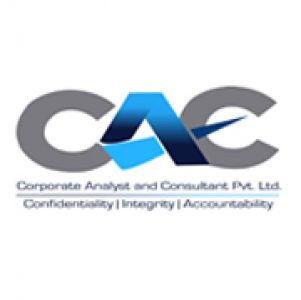When the time comes to certify the Management System that we have implemented in the organization, or whether the recertification, retail audit firms in India take on a major role.
When a company receives an external or third-party audit, nerves and anxiety about not receiving “non-conformities” are present. However, and beyond the discrepancies that an auditor may encounter, there are also certain errors that can be fatal. What types of errors? Errors linked to the Audit as a proper instance.
Below are the 6 most frequent errors in a Quality Audit:
- Bad planning- The first is the first. The staff of the Quality Management System, and who has direct contact with the external Audit team, must plan this audit in detail. Doing good planning includes:
Make sure that when the auditors come, the respective sectors of the company can attend them as they should. The audit should not coincide with any other important event in the organization.
Write the detail of the agenda, and exchange it with the audit team including rest times, as well as lunches, is important.

-
Assume a responsibility that does not correspond. What do we mean by this? It is a very common mistake made by the sector or the person responsible for the Quality Management System. Sometimes, the other sectors accompany or reinforce the bad concept.
The internal audit companies in India, and whatever the type, is an evaluation instance. The result is to be able to determine how far the systems depart from the provisions of the Standard. This clearly is not the responsibility of a person or of a sector. Given that the leader of the audit by the company, it is the Quality department that is usually confused with responsibility. They are two different things.
- Talk more. One of the most common mistakes. Be it nerves, or simply thinking that if you talk too much, you will show more experience or knowledge.
Auditors are specialists who have been trained to carry out the audit process. They are the ones who know what to ask and what kind of evidence they need. Intervening or trying to distract your attention is a bad idea.
- Generate unnecessary documents. Sometimes there is a clear tendency to create many documents. In the wrong way, the requirements of the Standard are interpreted or associated with the existence of certain papers.
The documents required by the Standard are strictly necessary so that the proper functioning of the defined systems, effectively occur in a safe manner.
- Adopt a competitive attitude with the auditor. On many occasions, and especially people who work in “extra” Quality sectors, they adopt an erroneous attitude.
When an auditor asks, the counterpart “feels” that they are being evaluated personally, or that it is their job that is being questioned. If to that is added the fact that an auditor begins to deepen more or asks for physical evidence of something, then the reaction is notoriously negative.
- A “Direction” little involved. Since directors are usually very busy people, and therefore difficult to locate, they are sometimes “excluded” from the instance. Everyone knows that at the Review by Management stage, and as part of the requirement of the Standard, they will be present.
